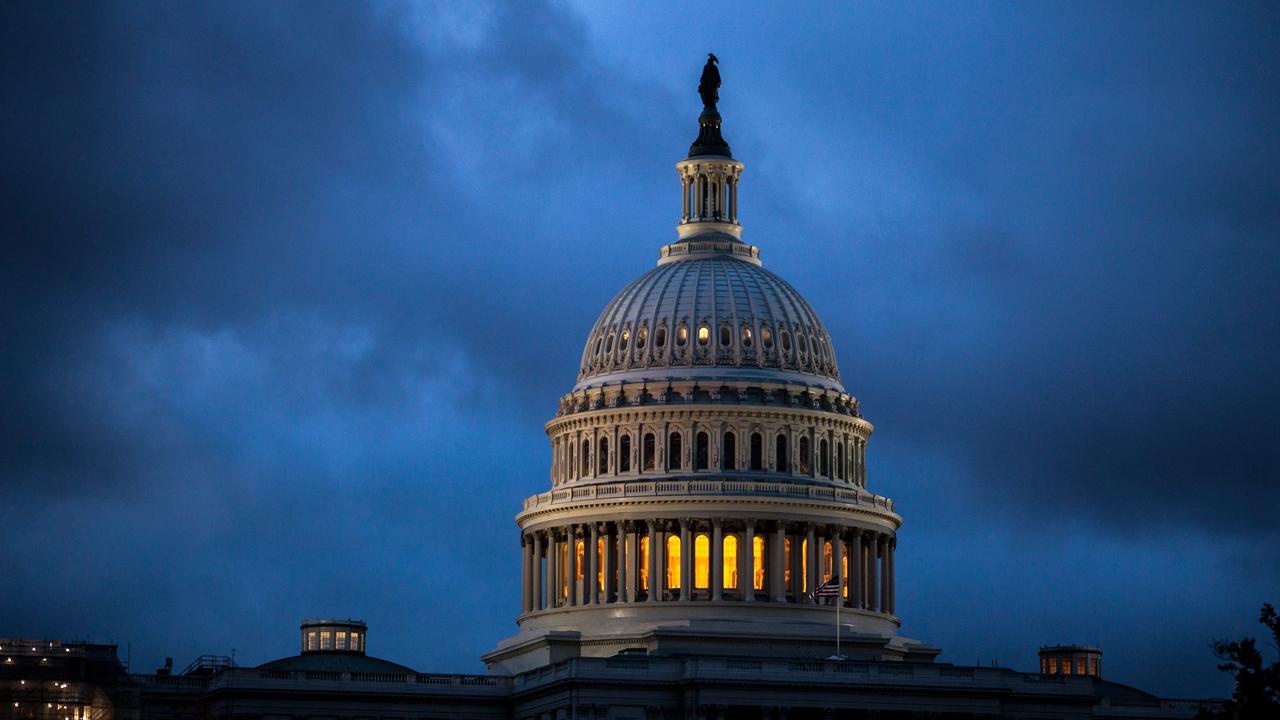Pass-through taxes could determine future of Senate tax reform plan
While the House pushed forward with approving its tax reform plan on Thursday, the Senate may taken a step in the opposite direction: Sen. Ron Johnson (R-Minn.) announced that he would not support the bill because of its lack of provisions for pass-through businesses, endangering an already razor-thin Republican Senate majority.
More than 90% of businesses in the U.S. are considered to be pass-through businesses, which means they pay taxes based on the owner’s income rather than the corporate tax rate. Currently, pass-through businesses are subjected to a top marginal tax rate of 44.6%.
That rate would be significantly reduced if either the House or Senate tax reform plan were to become law. While both bills purport to decrease the corporate tax rate from 35% to 20%, the chambers vary on the pass-through rate: The House would decrease it to 25%, while the Senate would make it 30%.
“There are differences between the House and Senate as you just alluded to,” Ernst & Young CEO Mark Weinberger told FOX Business’ Liz Claman. “But you focus on the big picture: They’re going in the same direction.”
Other key differences between the plans include the Senate’s decision to phase in the corporate rate reduction in 2019 and its retainment of the seven tax income brackets -- the House’s plan, however, sought to simplify the income brackets to four rates.
While Weinberger acknowledged the differences between the two plans, he said that either change would be beneficial and suggested that because pass-through companies only pay one tax rate, there was no need for it to mirror the corporate tax rate.
“Bottom line is, there are differences there,” he said. “But remember for corporations, you have the double-level of tax.”




















